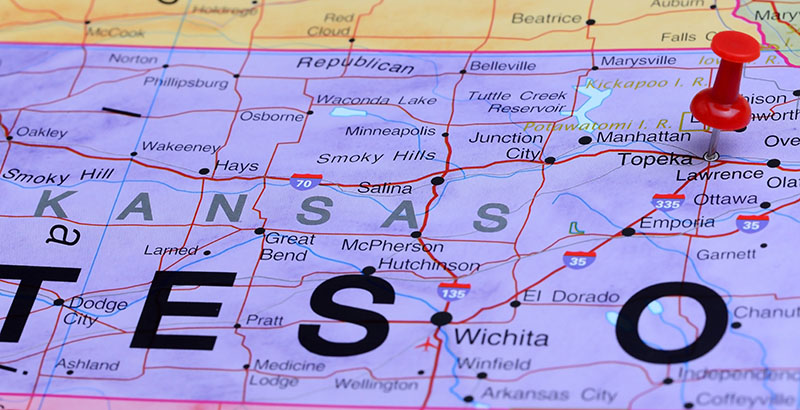This Week’s ESSA News: Rethinking How Attendance Is Tracked During COVID, Kansas Launches Report Card for Students in Foster Care, Local Leaders Trump Trump in Reopening Schools & More

This update on the Every Student Succeeds Act and the education plans now being implemented by states and school districts is produced in partnership with ESSA Essentials, an ongoing series from the Collaborative for Student Success. It’s an offshoot of their ESSA Advance newsletter, which you can sign up for here! (See our recent ESSA updates from previous weeks right here.)
With the rapid response required amid the COVID-19 pandemic, education leaders are being forced to make important decisions to meet the immediate and academic needs of students at a moment’s notice. As local officials continue to consider each district’s plan for reopening schools, researchers and advocates are calling on superintendents to implement better attendance tracking systems for the upcoming school year.
While they note that “it wasn’t realistic to expect districts to develop and implement perfect attendance systems immediately after the pandemic hit,” such data will be critical going forward in understanding widespread trends in access amid remote and hybrid learning scenarios.
Attendance data give school and district leaders an accurate depiction of which students have been left behind, as the coronavirus pandemic will likely exacerbate existing educational inequities.
Additionally, more accurate attendance data will inform resource allocation, targeted supports and funding, though the federal Department of Education waived the use of attendance in determining funding distributions for the short term, as is typically required by the Every Student Succeeds Act.
Here are the week’s other top headlines for how states are implementing (and innovating under) ESSA:
Kansas to create annual report card for students in foster care
Data related to students in foster care are expected to become much more transparent in the Sunflower State. Early this month, Kansas Gov. Laura Kelly issued an executive order that established “an annual education report card for students in foster care.”
The report card will track outcomes of youth in foster care and include indicators such as graduation rate, school suspension rates, standardized assessment scores and “de-identified disaggregated race and ethnicity data,” among additional items. ESSA requires that states disaggregate student data for students in foster care.
How to hold schools accountable … when districts are making the decisions
Chad Aldeman of Bellwether Education Partners and Anne Hyslop of the Alliance for Excellent Education question the focus of accountability measures during and after the COVID-19 pandemic. If districts were, in most places, the entities setting up food distributions, purchasing Chromebooks and making decisions about wireless internet access and online teaching protocols, why should accountability for student achievement fall squarely on the shoulders of individual schools?
The two authors take a look at how accountability is structured under ESSA, describe how one of the largest districts in the nation is an example of increased district centralization, and urge readers to ask whether districts should bear more scrutiny than prior to the arrival of COVID-19.
How to better use education data to navigate through the crisis
Two new reports from the Data Quality Campaign discuss the need for educational data as officials continue to make many complex decisions amid the COVID-19 pandemic and in recovery.
The first report focuses directly on the importance of transparency and provides clear ways that education officials can use state education report cards, required under ESSA, to share data with the public. The second report shares “short- and long-term action steps that state and district leaders should take to ensure that research supports recovery.”
Trump administration may want schools back open, but ESSA reserves that authority for local leaders
Earlier this month, the Trump administration demanded that schools reopen full time in the fall despite the Centers for Disease Control and Prevention’s guidance to maintain social distancing. However, the federal government has little authority in the reopening of schools, as decision-making, in large part, remains under state and local control as outlined by ESSA.
California, as an example, has released guidance for reopening schools in the fall but insists that plans “be realized at the local level” and that communities come to decisions that will best serve their students.
Help fund stories like this. Donate now!

;)